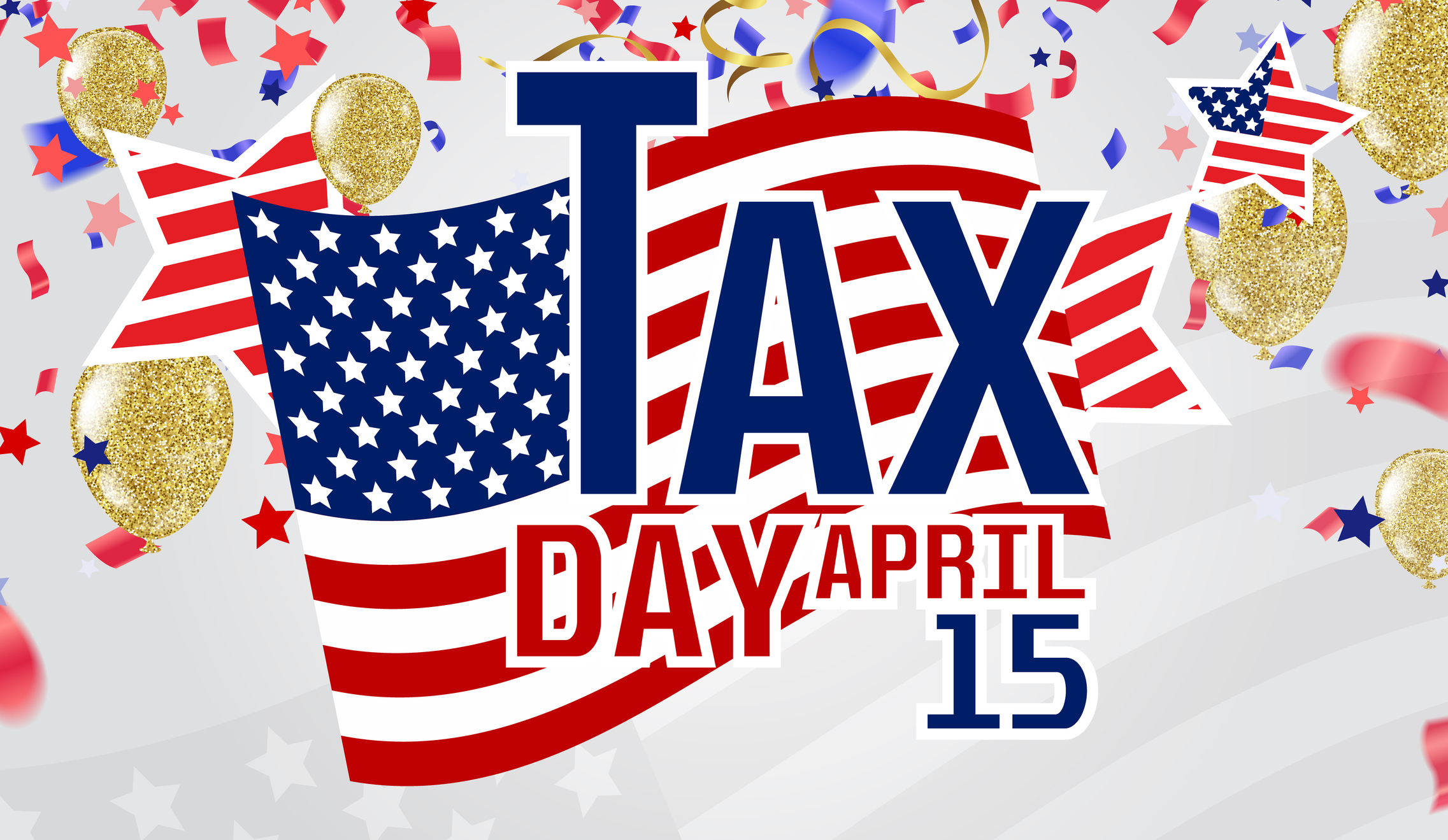What to Do With a 529 College-Savings Plan When a Disabled Child Can’t Attend College
Families can avoid the penalty when money in a 529 plan isn’t used for college if the beneficiary meets the IRS definition of disability. You have other options to avoid the penalty, too.


Profit and prosper with the best of Kiplinger's advice on investing, taxes, retirement, personal finance and much more. Delivered daily. Enter your email in the box and click Sign Me Up.
You are now subscribed
Your newsletter sign-up was successful
Want to add more newsletters?

Delivered daily
Kiplinger Today
Profit and prosper with the best of Kiplinger's advice on investing, taxes, retirement, personal finance and much more delivered daily. Smart money moves start here.

Sent five days a week
Kiplinger A Step Ahead
Get practical help to make better financial decisions in your everyday life, from spending to savings on top deals.

Delivered daily
Kiplinger Closing Bell
Get today's biggest financial and investing headlines delivered to your inbox every day the U.S. stock market is open.

Sent twice a week
Kiplinger Adviser Intel
Financial pros across the country share best practices and fresh tactics to preserve and grow your wealth.

Delivered weekly
Kiplinger Tax Tips
Trim your federal and state tax bills with practical tax-planning and tax-cutting strategies.

Sent twice a week
Kiplinger Retirement Tips
Your twice-a-week guide to planning and enjoying a financially secure and richly rewarding retirement

Sent bimonthly.
Kiplinger Adviser Angle
Insights for advisers, wealth managers and other financial professionals.

Sent twice a week
Kiplinger Investing Weekly
Your twice-a-week roundup of promising stocks, funds, companies and industries you should consider, ones you should avoid, and why.

Sent weekly for six weeks
Kiplinger Invest for Retirement
Your step-by-step six-part series on how to invest for retirement, from devising a successful strategy to exactly which investments to choose.
Question: We have been saving in a 529 since our son was young, but he has learning issues and may not end up going to college. What options do we have to access the funds in the account if he doesn’t go to college?
Answer:
You generally have to pay a 10% penalty plus income taxes on the earnings if your 529 withdrawals are not for eligible education expenses. But there are several alternatives. You may be able to withdraw the money for non-qualified expenses without penalty (taxes on earnings still apply) if your son meets the IRS’s specific definition of disability. You must show proof that the 529 beneficiary can’t do “any substantial gainful activity because of his or her physical or mental condition. A physician must determine that the condition can be expected to result in death or to be of long-continued and indefinite duration,” according to the IRS. See the “qualified tuition program” section of IRS Publication 970, Tax Benefits for Education, for more information about the rules.
From just $107.88 $24.99 for Kiplinger Personal Finance
Become a smarter, better informed investor. Subscribe from just $107.88 $24.99, plus get up to 4 Special Issues

Sign up for Kiplinger’s Free Newsletters
Profit and prosper with the best of expert advice on investing, taxes, retirement, personal finance and more - straight to your e-mail.
Profit and prosper with the best of expert advice - straight to your e-mail.
“If you have a diagnosis from a physician that meets those criteria, then you should be fine if the IRS asks you to substantiate the claim,” says Brian Boswell, of Savingforcollege.com. “Remember that 529s are self-reporting, so it’s up to you to make the claim and have backup to this effect.”
If your son’s learning issues don’t meet the IRS’s definition of disability, then you may still have some options. You can change the beneficiary to a sibling or another eligible relative who can use the money for college costs without penalty or taxes. “The definition of family is pretty broad,” says Roger Young, a senior financial planner for T. Rowe Price. Eligible family members include the beneficiary’s spouse, child, sibling, parent, aunt or uncle, niece or nephew, various in-laws, or first cousin. See How to Transfer Money Between 529 College-Savings Accounts for more information. You could even let the assets continue to grow in the account for years and eventually change the beneficiary to a grandchild after he or she is born, Boswell says.
You may also want to keep the money in the 529 in case your son ends up taking classes at an eligible school. He doesn’t need to attend college full-time to use the money tax-free for tuition, fees, and required books and supplies. A student must attend school at least half-time to use 529 funds for room and board, though. Money from the account can be used at any college, university, vocational school or other postsecondary educational institution that’s eligible to participate in a student-aid program administered by the U.S. Department of Education. You can look up schools using the Department of Education’s federal school code database, or ask the school if it is eligible. See Using College-Savings-Plan Money for Part-Time Students for more information.
Another option might be to wait and see if the laws change to permit 529 rollovers to ABLE accounts, which are open to people of any age who develop a qualifying disability before they turn 26. Money can be withdrawn from an ABLE account tax-free for any expenses that benefit the person with the disability. Legislation to allow such rollovers has been proposed, and Boswell says it likely will pass in the next few years. For more information about the eligibility requirements for ABLE accounts, see Opening an ABLE Account.
And even if you can’t avoid the penalty, it may not be as large as you’d expect. The 10% penalty and income tax bill apply only to the earnings in the account, not your contributions. “While it is not optimal to take the penalty, it’s not necessarily disastrous,” Young says.
Profit and prosper with the best of Kiplinger's advice on investing, taxes, retirement, personal finance and much more. Delivered daily. Enter your email in the box and click Sign Me Up.

As the "Ask Kim" columnist for Kiplinger's Personal Finance, Lankford receives hundreds of personal finance questions from readers every month. She is the author of Rescue Your Financial Life (McGraw-Hill, 2003), The Insurance Maze: How You Can Save Money on Insurance -- and Still Get the Coverage You Need (Kaplan, 2006), Kiplinger's Ask Kim for Money Smart Solutions (Kaplan, 2007) and The Kiplinger/BBB Personal Finance Guide for Military Families. She is frequently featured as a financial expert on television and radio, including NBC's Today Show, CNN, CNBC and National Public Radio.
-
 Dow Leads in Mixed Session on Amgen Earnings: Stock Market Today
Dow Leads in Mixed Session on Amgen Earnings: Stock Market TodayThe rest of Wall Street struggled as Advanced Micro Devices earnings caused a chip-stock sell-off.
-
 How to Watch the 2026 Winter Olympics Without Overpaying
How to Watch the 2026 Winter Olympics Without OverpayingHere’s how to stream the 2026 Winter Olympics live, including low-cost viewing options, Peacock access and ways to catch your favorite athletes and events from anywhere.
-
 Here’s How to Stream the Super Bowl for Less
Here’s How to Stream the Super Bowl for LessWe'll show you the least expensive ways to stream football's biggest event.
-
 The 'Scrooge' Strategy: How to Turn Your Old Junk Into a Tax Deduction
The 'Scrooge' Strategy: How to Turn Your Old Junk Into a Tax DeductionTax Deductions We break down the IRS rules for non-cash charitable contributions. Plus, here's a handy checklist before you donate to charity this year.
-
 New Ways to Use 529 Plans
New Ways to Use 529 PlansTax-free withdrawals from 529 plans could help you sharpen your job skills.
-
 Money for Your Kids? Three Ways Trump's ‘Big Beautiful Bill’ Impacts Your Child's Finances
Money for Your Kids? Three Ways Trump's ‘Big Beautiful Bill’ Impacts Your Child's FinancesTax Tips The Trump tax bill could help your child with future education and homebuying costs. Here’s how.
-
 Tax Day 2025: Don’t Miss These Freebies, Food Deals and Discounts
Tax Day 2025: Don’t Miss These Freebies, Food Deals and DiscountsTax Day You can score some sweet deals on April 15 in some select restaurants like Burger King, Shake Shack, and more.
-
 QCD Limit, Rules and How to Lower Your 2026 Taxable Income
QCD Limit, Rules and How to Lower Your 2026 Taxable IncomeTax Breaks A QCD can reduce your tax bill in retirement while meeting charitable giving goals. Here’s how.
-
 Best 529 Plans of 2026
Best 529 Plans of 2026Check out the best 529 plans of 2026 to find the best plan for your child or grandchild’s college savings.
-
 The Big CPA Shortage Problem in Accounting: What it Means for Your Tax Return
The Big CPA Shortage Problem in Accounting: What it Means for Your Tax ReturnCareer This once resilient accounting industry is cracking, as the labor force seems in dire straits. It’s also affecting the IRS.
-
 529 Plans Hit a New Milestone: Why They're So Popular
529 Plans Hit a New Milestone: Why They're So PopularRecently, 529s hit a new milestone with over half a trillion dollars being saved in plans across the country. Why are 529 plans so popular?